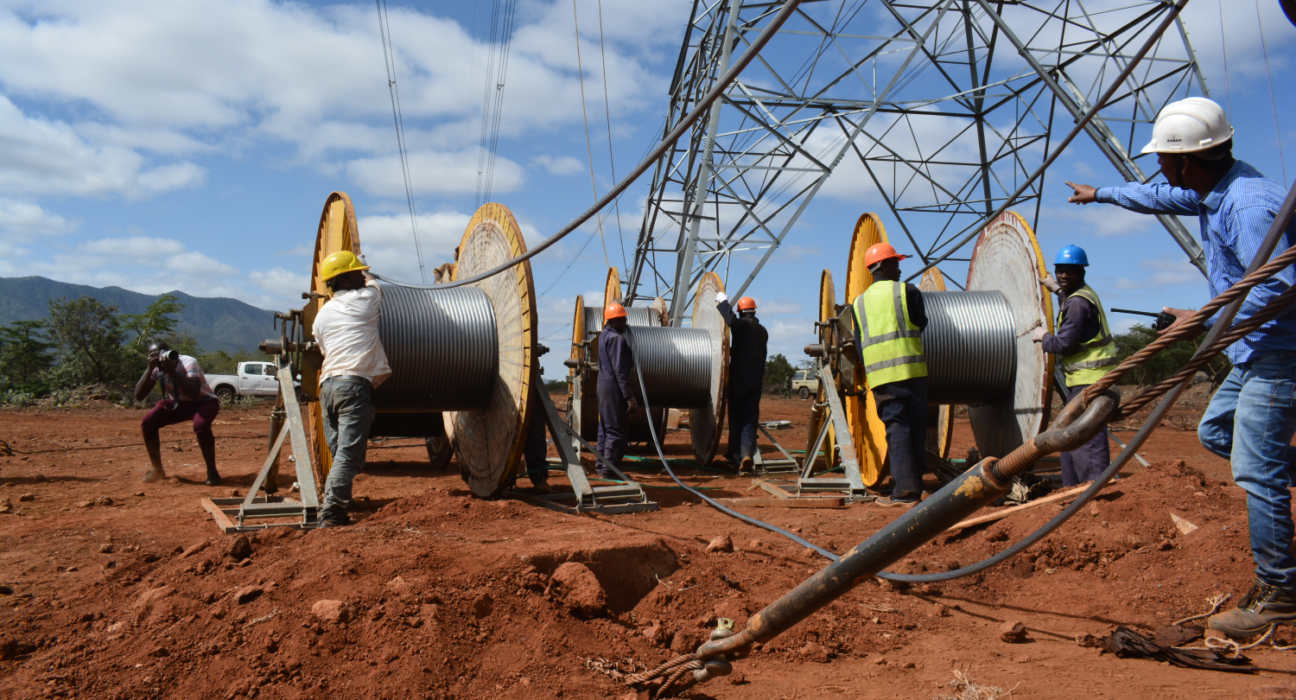In today’s rapidly evolving energy landscape, bridging the electricity access gap in rural and underserved areas has become a mission of national urgency and strategic significance. As a seasoned engineer with over twenty-five years of experience in the fields of engineering, procurement, construction, and installation, I have witnessed firsthand how targeted investments, advanced technology, and innovative project management can transform communities. Across Nigeria, a confluence of government initiatives, private sector participation, and community-driven projects is intensifying efforts to deliver reliable and sustainable power to regions that have long been marginalized by the traditional grid system. These endeavors are not only addressing the immediate needs for energy but are also laying the foundation for long-term economic development and social upliftment.
This transformative period is marked by the integration of sophisticated digital tools and state-of-the-art calculators, which are revolutionizing the way engineers and project managers approach electrification projects. These advanced resources enable professionals to model diverse scenarios, assess the feasibility of various energy solutions, and strategically allocate resources to maximize impact. The enhanced analytical capability that these tools provide is instrumental in designing micro-grids and decentralized systems that cater specifically to the unique challenges faced by rural communities. By leveraging detailed data analytics and simulation models, stakeholders can not only optimize the deployment of renewable energy technologies but also ensure that every kilowatt of power generated translates into tangible benefits for local populations.
The drive to electrify underserved areas transcends mere infrastructure development; it is a commitment to fostering socio-economic transformation and empowering communities to break free from the constraints of energy poverty. In regions where intermittent power supply has historically hampered educational, medical, and commercial activities, the arrival of consistent and sustainable electricity offers a promise of renewed opportunity and progress. This renewed focus on rural electrification is underpinned by regulatory reforms, enhanced funding mechanisms, and strategic partnerships that prioritize long-term sustainability over short-term gains. The convergence of these factors signals a paradigm shift that promises to not only electrify communities but also stimulate local economies, catalyze job creation, and drive entrepreneurial ventures.
Engineers, project managers, and all industry stakeholders are encouraged to take advantage of the innovative digital tools available to navigate this complex landscape. These resources provide critical insights into investment strategies, risk management, and project optimization, empowering professionals to design and implement solutions that are both economically viable and environmentally responsible. It is a call to action for every member of the energy and engineering community to embrace these transformative tools, participate actively in the conversation, and contribute to the nationwide effort to ensure that no community is left behind in the quest for sustainable development.
I invite you to explore the suite of advanced calculators and analytical tools available at epci.ng, designed specifically to assess how these electrification projects will impact your investment and business strategies. Join our vibrant community of engineers, project managers, and industry leaders dedicated to making a lasting difference. Sign up today at epci.ng and be at the forefront of an energy revolution that is illuminating even the most remote corners of our nation.
